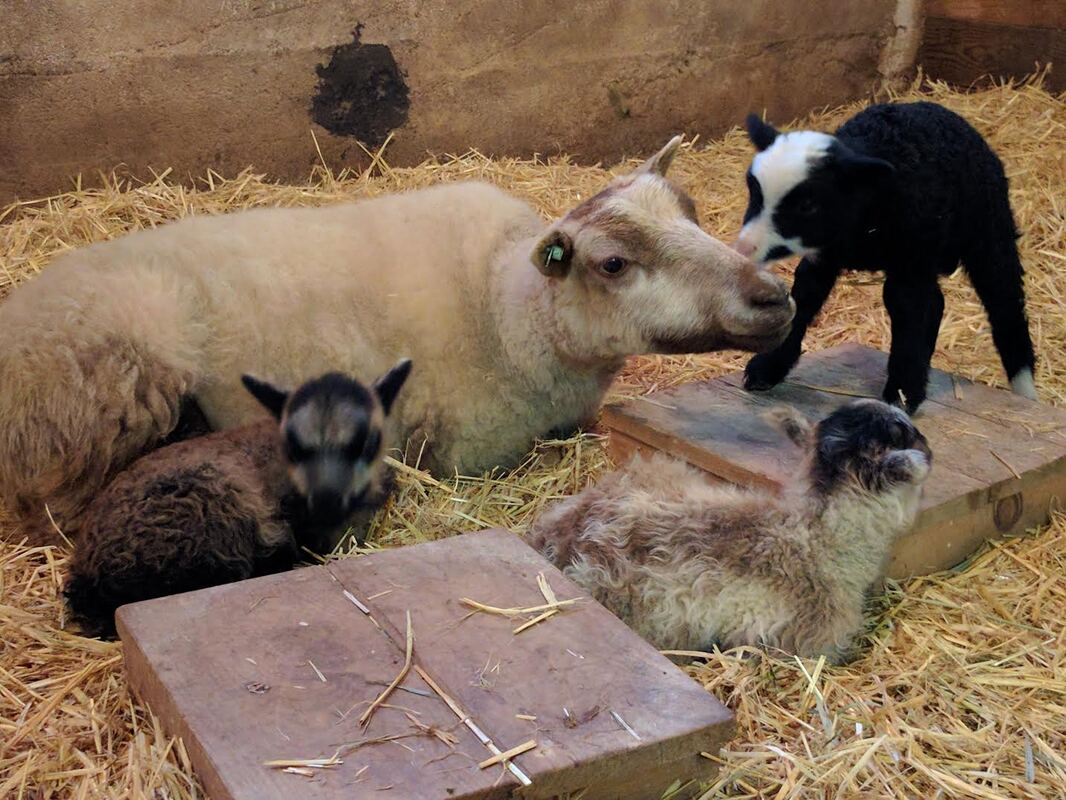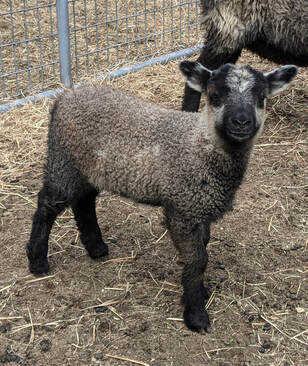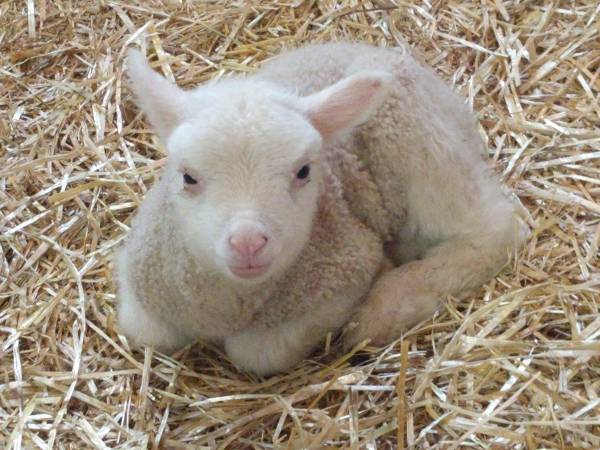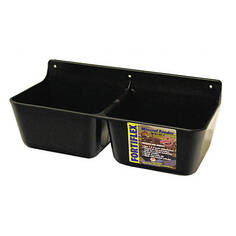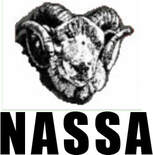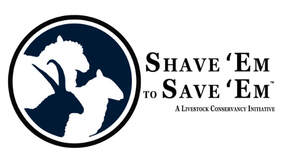New to Shetlands? We can help.
Becoming a shepherd can be intimidating but also exciting! Here are some of the most common questions we get regarding keeping sheep.
|
Q. Can I keep just one sheep?
A. No. Sheep are flocking animals. You need a minimum of 2, preferably 3 sheep to have them feel comfortable. Goats as company are a poor substitute. Sheep prefer their own kind. Q. Can I buy bottle babies? A. No. Not from us. Like young puppies leaving their mother before 8 weeks old, we feel this is not in the lamb's best interest. It is most beneficial for a lamb to be with it's mother during those important first weeks. 8 weeks is the minimum age we will allow lambs to go to new homes. Q. I want to buy Shetlands. What do I look for? A. First you have to decide what is important to you. Fiber? Pet personality? Show or breeding stock? Certain colors? Cheap, un-registered sheep can be found out there. However, the adage "you get what you pay for" holds true. Conscientious breeders will put a lot of effort into their breeding program. Carefully planned breeding, registered stock, documented worming, vaccinations and paperwork to back it up are all signs a breeder takes great care of their flock. Q. What health care do Shetlands require? A. Worming and vaccination schedules will vary by farm. We worm lambs and give CDT at 6 & 12 weeks. Yearly CDTs after that. We also vaccinate our flock for rabies, which many other farms do not. Q. What do Shetlands need to eat? A. Shetlands are a hearty, unimproved breed. Good grass hay, minerals and pasture are normally enough to keep them in excellent condition. We only offer grain (and animal crackers!) as an occasional treat. Q. Can I mix sheep and goats? A. It depends. Sheep cannot eat goat minerals because they contain copper. Copper is toxic to sheep. Some shepherds have figured out a way to be able to get the separate mineral requirements to each without issue. Q. Can I keep a ram in my flock year round? A. A ram is like a stallion or bull, only in a smaller package. They can be hormonal and moody. You can never turn your back on them or trust them with children. They cannot be treated as a pet. They should be shown respect and given distance. Shetlands are generally seasonal breeders, but can and sometimes do not follow that general guideline. It is a best practice to keep a ram separate from ewes until breeding season. This means a separate flock of rams/wethers far from view and smell of the ewes to avoid drama. Q. Where do I look to find a reputable Shetland breeder? A. Start with the NASSA website to find registered flocks in your area. You can also attend regional sheep and wool festivals to get leads. |
our Lamb waiting list
We run a waiting list for upcoming lambing season. Reach out to let us know what you are looking for and we can let you know when lambs start arriving! Occasionally we make adults available. Check our sales page for updates.
Sheep Minerals 101
|
We use the Fortiflex Livestock Mineral Feeder for our sheep. Hang these in the barn or under an overhang to keep them fresh and out of the elements.
We keep the mineral bar full at all times with: 1. Loose white livestock salt 2. Loose mineralized sheep salt. (DO NOT USE GOAT. Goat contains copper, which is toxic to sheep.) 3. Granulated sea kelp 4. Baking soda |
We are members of the following
We are active members of New Hampshire Sheep and Wool Growers Association, and have been VSCP participants since 2009.
|
|
